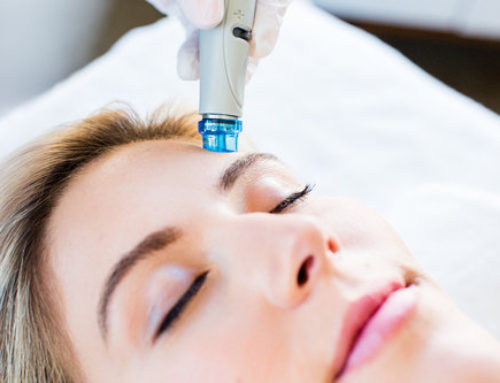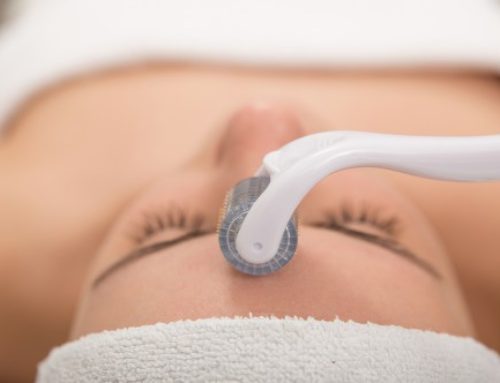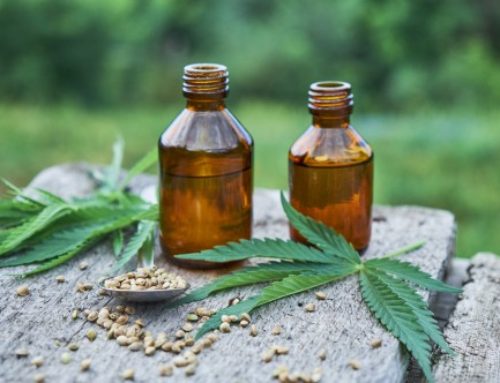From Greatist.com 4/10/18
This article has been created in partnership with Renew Life as part of 30 Ways to Upgrade Your Routine.
Fun fact: You are walking around with more bacteria than human cells. Those are the kind of mind-blowing concepts you start to consider when you learn about your microbiome, which includes about 3.8 trillion microbes living on and inside you, mostly in your gastrointestinal tract. This is good news, guys. Because when you take steps to make your gut microbiome flourish, your entire body reaps the benefits.
“It’s the basis for your whole health,” says Deepa Verma, M.D., AIHM, an integrative health physician. And she’s not exaggerating.
Here’s how maintaining your microbiota, through diet and the help of supplements like Renew Life’s Ultimate Flora Extra Care Probiotic 30 Billion, affects the rest of you.
Ground Zero: The Intestines
Microbes reside in your entire GI tract, from your mouth to your pooper, but the majority of them are hard at work in your intestines, where they play a big role in breaking down food into nutrients that can be absorbed through the intestines and into the bloodstream.
Naturally, these different bacteria consume different substances and produce different byproducts, which we’re just beginning to learn about. Some ferment the fiber from fruits and vegetables, creating a short-chained fatty acid called butyrate, which is the source of energy for the cells in the epithelial layer of the intestines, explains Daniel McDonald, Ph.D., scientific director of American Gut, a crowd-sourced microbiome research database.
“When those cells get their food, they’re happy, and there’s less inflammation,” McDonald says. Since the epithelial layer is one of the great gatekeepers for everything that goes into our blood, it stands to reason that we want to keep those cells happy. “If you have an inflamed gastrointestinal tract, the types of molecules that can make it into your bloodstream potentially change.”
Other bacteria affect the body’s metabolism of lipids, proteins, and other good compounds, such as antioxidant-rich flavonoids.
Your Immune System (and Allergies)
The science of the microbiome is relatively new, so much of what we know now still comes from testing on mice who were raised in sterile environments with no microbiota. That’s one way we know a healthy microbiome regulates disease-fighting T-cells and B-cells. We also know that introducing probiotics into the system can help reduce the immune system’s inflammatory response.
When patients come to Verma with seasonal allergies, she often finds the root of this is in the digestive system’s overactive immune response to a food it can’t quite tolerate. “When we’re eating foods that are inflammatory to us, we set off a reaction in the gut which causes a widespread inflammation throughout the body,” she says. Eliminating those foods while doing work to repair the gut for a few months can improve patients’ symptoms, such as sinusitis, allergic rhinitis, eczema, and asthma.
The Gut-Brain Axis and Beyond
Much the same way we get alcohol as the happy byproduct of sugar-eating yeast, some bacteria are able to produce byproducts that go straight to our head in the form of the neurotransmitters serotonin, norepinephrine, and dopamine. That’s why some researchers are looking into using probiotics to boost those mood-enhancing brain chemicals.
“I’ve heard estimates of anywhere between 10 to 40 percent of the small molecules that are in your blood are derived in some way from the microbiome,” McDonald says. “There’s potential for different types of molecules to make it past the blood-brain barrier too.”
Studies have shown how mice raised with no microbiome had an exaggerated response to stress, which was aided by a microbial transplant early in their lives. That’s further evidence of how a balanced system can regulate our stress hormones too.
Just as your gut affects your whole body, the same is true for how your brain, diet, and behavior affect your gut. Lack of sleep, for instance, can impact the population of your gut bacteria, while it looks like enhancing gut bacteria might improve the quality of sleep.
We’re just beginning to realize all that our trillions of—what shall we call them? friends? Pets? Microscopic masters of our universe?—do for our bodies. Our guts are telling us that reaching for a probiotic supplement might be a very good idea right about now.
Deepa Verma, M.D., AIHM, and Daniel McDonald, Ph.D. are not affiliated with the Renew Life brand and products.






